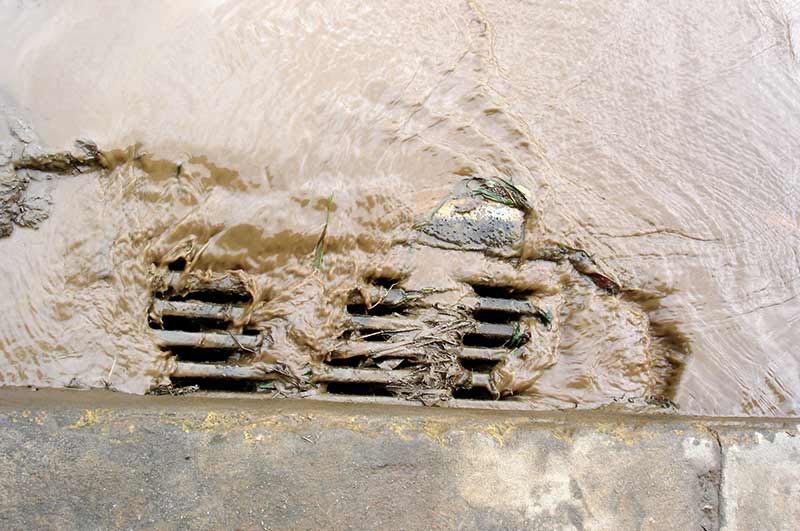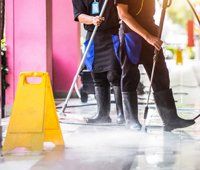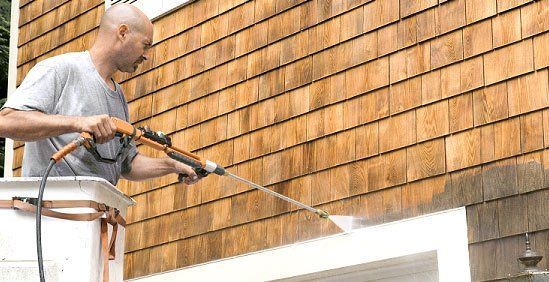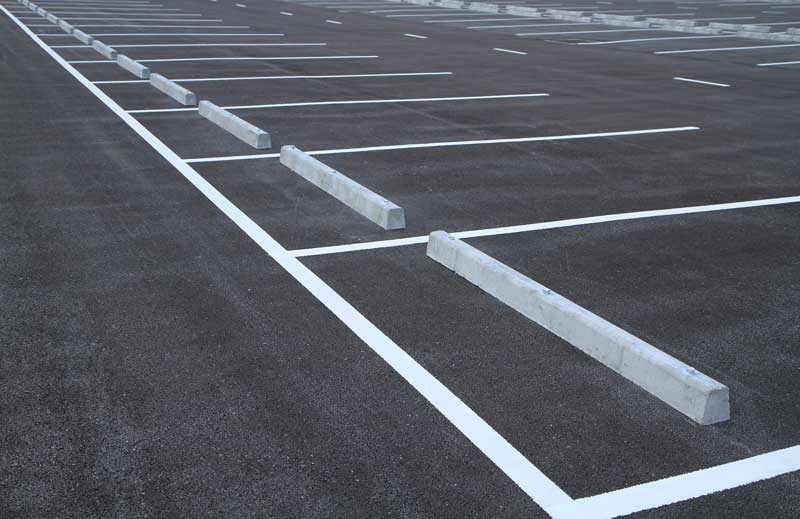Maintaining Environmental Compliance While Power Washing
- By Admin
- •
- 26 Jul, 2017
- •

Turning to a power washer means receiving a powerful spray of water that can remove stubborn dirt and grime from nearly any surface. Once those contaminants mix with the water, however, it's important to consider what happens next. Waste water runoff is a serious concern, and you should take steps to stay within established regulations.
Ignoring those regulations will not only result in a decidedly negative impact on your local environment, but it can also leave you open to government fines and restrictions that might leave you struggling to keep your business up on its feet. It's said that an ounce of prevention is worth a pound of cure, so taking some preemptive steps can be a huge relief.
Below, you'll find a guide to some suggestions for handling waste water runoff after power washing. Keeping these tips in mind should allow you to carry out your service with minimal interruptions while guaranteeing that you're in full compliance with any potential restrictions.
Avoid Chemical Cleaners
The most serious runoff problems occur when chemicals are introduced to ground water or when plants are killed by toxic runoff. While dirt and grime may contribute to these issues, the more insidious problems arise when solvents that are identified as cleaners actually have the effect of being harmful to the surrounding environment. Cleaning products that assist with equipment might be decidedly unfit for human consumption.
The best way to make sure these products don't end up in the environment is to avoid using them in the first place. Chemical soaps, bleach products and a variety of other solutions and solvents are all likely to carry toxic ingredients that could violate local environmental regulations. If you're not able to get the job done with clean water, then you might be able to consider some natural products if you inspect their ingredients for concerns in advance.
Utilize a Vacuum System
Keeping your pressure washing project contained isn't just better for the environment; it also makes you a good neighbor. A pressure washing job is likely to use an immense amount of water, and even if the runoff is clean, it might be too excessive for a local drainage system to be able to handle.
Consider investing in a vacuum collection system as a method for limiting the impact your power washing has on the surrounding environment. This system can help avoid any risk of flooding, but it also might have some benefits from a cost and conservation perspective. If the water isn't imbibed with excessive dirt, you may be able to filter and reuse the water. A collection system could provide you with substantial cost savings while not requiring you to make any sacrifices with the quality of your performance.
Consider Pre-Cleaning
One of the biggest challenges that most pressure washing jobs face is trying to balance the intensity and quantity of water with the force necessary to remove a stubborn stain. Frequently, the best solution to that problem is to rely on old-fashioned elbow grease.
Taking the time to pre-clean potential trouble spots can allow a large amount of potential contamination to be removed before the pressure washing even begins. This step can minimize the risk of creating troublesome runoff and can help guarantee that you're not forced to go back over one area multiple times and create more waste.
JetCleanUSA Inc. of San Diego has the necessary experience to successfully complete all of your pressure washing tasks without creating unnecessary runoff. Turning to a professional can guarantee a quick and clean job that keeps you away from the pitfalls that may plague amateur attempts.

You own a restaurant, so attracting hungry people to your place of business is part of your daily operation. But one thing you can do that will instantly turn off potential customers is have a dirty property. Keeping the exterior of your restaurant clean is highly important, and hiring a professional power washing service for help is a wise decision.
While it is a good choice to have much of your property power washed, there are pertinent areas that affect business operations and customers the most and will need the most attention. Here is a short list of areas around your restaurant business that you should have power washed by a professional.

Does the parking lot for your apartment complex look a little dingy? Have the sidewalks seen better days? This poor physical appearance could negatively affect your property.
One of the easiest ways to give your property a facelift is through pressure washing. Pressure washing can remove stains that appear to be set in, making things look like new. Here are some of the major advantages of pressure washing your parking lot that you should consider.

If you own a business that has its own parking lot, you may not have thought much about the need to keep the parking lot in tip-top condition. However, even though your parking lot may not seem significant in the big scheme of things, your customers will see the parking lot before they see your business, and they will form impressions.
You should take the time and effort to maintain your parking spaces. Below are five benefits your business will gain if you perform regular parking lot cleaning and maintenance.





